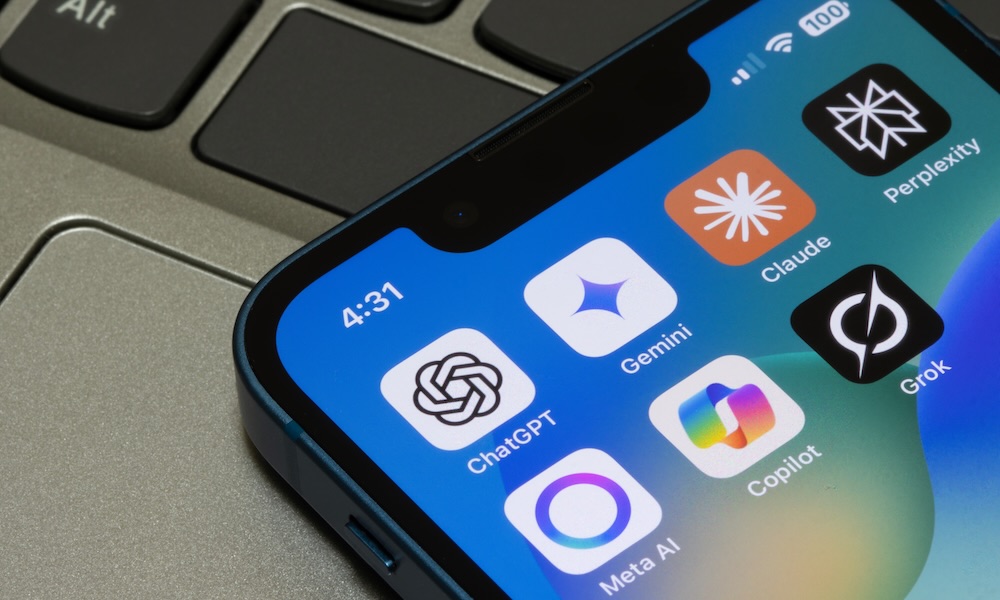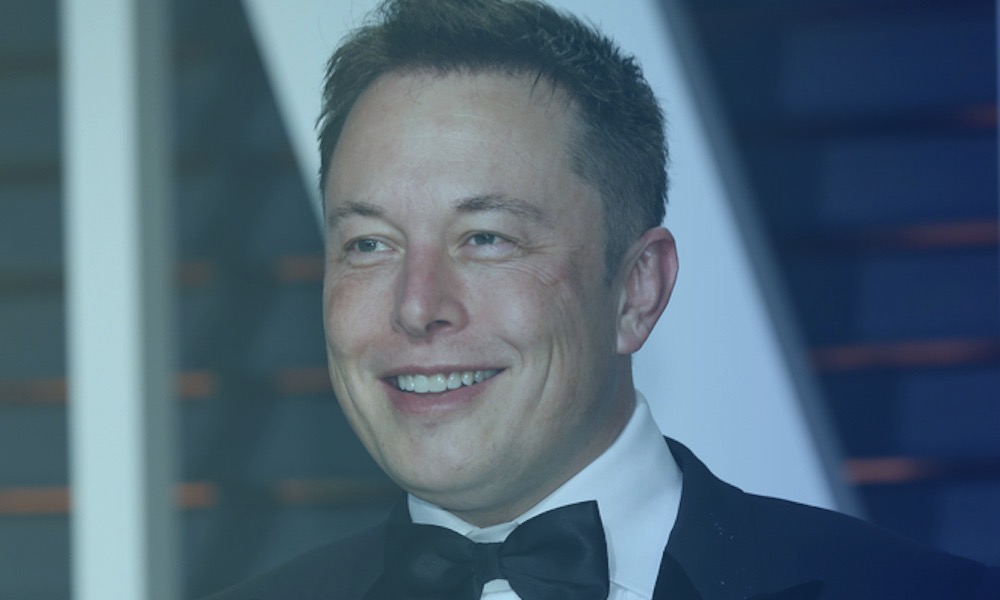Elon Musk Threatens Apple with ‘Legal Action’ over App Store
 Shutterstock
Shutterstock
Toggle Dark Mode
Last week, Elon Musk posted on X that xAI (aka Grok) will take “immediate legal action” against Apple if it does not allow other AI companies to rank in first place on the App Store, calling it an “unequivocal antitrust violation.”
While any legal threat from the world’s richest man shouldn’t be taken lightly, this one is far from empty. If brought, it could have major ramifications not only for the parties but for iPhone users.
Musk may be doubling down in his legal battle with OpenAI, which is scheduled for a jury trial next year, and on the US Department of Justice’s ripe antitrust litigation against Apple, which has been joined by 16 states.
US antitrust law also has many prohibitions on “self-referencing,” or favoring one’s own products or services over those of competitors when acting as an intermediary. According to the American Bar Association, “Restrictions on self-referencing have a surprisingly long history in American law…”
We may forget that Elon Musk was a founder of OpenAI but left in 2018, citing conflicts with Tesla’s AI initiatives. Between 2016 and 2020, Musk contributed more than $44 million to OpenAI. However, in August 2024, Musk filed a federal lawsuit against OpenAI, alleging that the non-profit’s 2015 founding mission was violated by the implementation of a profit model.
This model enabled a $1 billion investment from Microsoft and was alleged to be fraudulent, as it deprived Musk of his early contributions and concealed for-profit intentions. OpenAI has countersued Musk, calling his actions “relentless” and “malicious” and designed to “take down OpenAI.”
Meanwhile, Apple was recently hit with a $570 million fine from the European Commission for violating the Digital Markets Act. At home, Apple is facing a federal antitrust lawsuit that follows the same spirit of the European Commission’s action, alleging, “Apple illegally maintains a monopoly over smartphones by selectively imposing contractual restrictions on, and withholding critical access points from, developers.”
Apple responded to Musk’s allegations in a statement to Bloomberg, which first reported the story, saying “The App Store is designed to be fair and free of bias” with “curated lists selected by experts using objective criteria.”
While Apple may not be favoring ChatGPT deliberately, how does the company ensure that partnerships don’t influence App Store rankings? The timeline appears to favor Musk by demonstrating that ChatGPT’s popularity on the App Store rankings was, for the most part, cemented after the OpenAI partnership announcement. After all, it’s reasonable that more users were downloading ChatGPT once it became tied in with Apple Intelligence. However, it’s also worth noting that it wasn’t always in the top position, as PCMag points out:
[Musk’s] original tweet has since received the Community Notes treatment, with X users noting that China’s DeepSeek topped the App Store in January, while Perplexity did the same in India’s app store last month. “Both of these occurred after the OpenAI-Apple partnership [was] announced on June 10, 2024,” the community note adds.
James Peckham, PCMag
Nevertheless, the iPhone is the crown jewel for AI companies. According to well-established legal principles, Musk’s argument has teeth if he can prove it. If Musk is successful, it could drastically change and even improve the iPhone’s user experience. While Apple has stated several times that it plans to expand Apple Intelligence to embrace additional AI services (such as Google’s Gemini), those still require those comapnies to forge partnerships with Apple.
Imagine the true flexibility to choose an AI assistant for a specific action rather than being limited to whatever Apple chooses to offer? Not only would other platforms like Google and Microsoft have to fall in line, but competition would most certainly grow if innovation and user preference carried more weight than corporate partnerships.








